Costas Kadis interview
How education & culture contribute to the development of tourism in Cyprus
Education and culture are two of the main elements that play a significant role in moulding and developing the tourism product of a country.
A modern education system, which offers comprehensive studies on tourism, supplements the tourism industry with highly-qualified professionals, to cover the needs of the market at the time. Furthermore, the enhancement of the cultural heritage, and the contemporary forms of artistic creation as well, could attract significant numbers of high-value visitors, raising the quality of tourism and increasing the spending per tourist.
Taking as a starting point the foregoing observations and, also, a public statement of the Chairman of the Board of the Cyprus Tourism Organisation, Angelos Loizou, in regard to the need to broaden the aspects of education in the field of tourism, the Minister of Education and Culture, Costas Kadis, accepted CyprusAlive's invitation to express his opinion on all the matters falling within his competence, giving us a particularly enlightening interview.
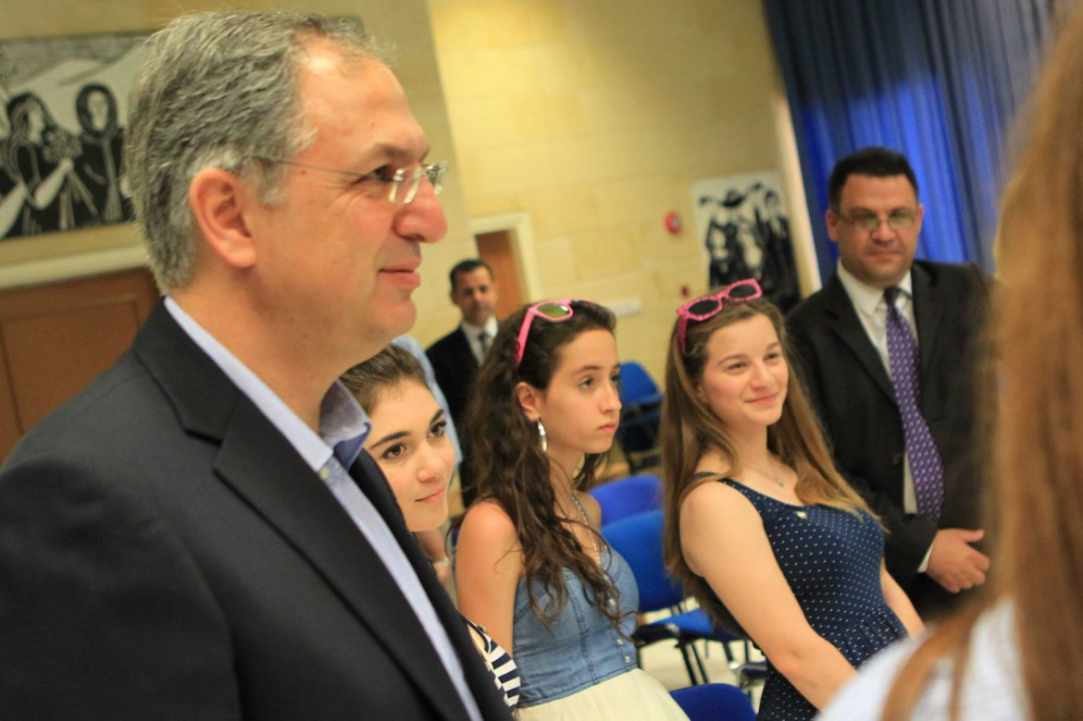
“We recognise the importance of sustainable tourism as a main pillar for the development of our economy. Therefore, we are open to discuss ways of further promoting tourism in our education system”
Q: A while ago, the CTO Chairman called on the government to introduce courses on tourism at all levels of education, from primary school level right through to higher education. How do you assess his suggestion?
A: We recognise the importance of sustainable tourism as a main pillar for the development of our economy. Therefore, we are open to discuss ways of further promoting tourism in our education system. It is noted, however, that our Ministry already promotes the topic of tourism, in multiple ways, at all levels of education. More specifically:
- In the Secondary Technical and Vocational Education (upper secondary education), the Hotel and Catering Department offers relevant programs of study through its sub-departments, namely the “Culinary and Catering” sub-department, the “Management of Units of Hospitality” sub-department and the “Housekeeping” sub-department.
- At the Higher Education level, regarding the public sector, apart from the Higher Hotel Institute of Cyprus (HHIC), the Department of Hotel and Tourist Management at the Cyprus University of Technology (CUT) offers relevant programs of study.
- Regarding the other levels of education, we do not have specific courses on tourism. However, there is an extended coverage of the thematic field “tourism” and its various dimensions. For example, different aspects of tourism are covered in the primary as well as in the lower secondary education through the lessons of Greek Language and Geography and in the upper general education through the lessons of Finance and Management and Greek Language.
The Ministry of Education and Culture, continuing its policy concerning enriching pupils’ knowledge of their country, invites schools to organise, at least twice a year, school excursions to specific places, as well as events related to tourism. Furthermore, the program “Religious Pathways”, which is organised in collaboration with the Archbishopric of Cyprus and which has a tourist dimension, has been introduced in the secondary general education.
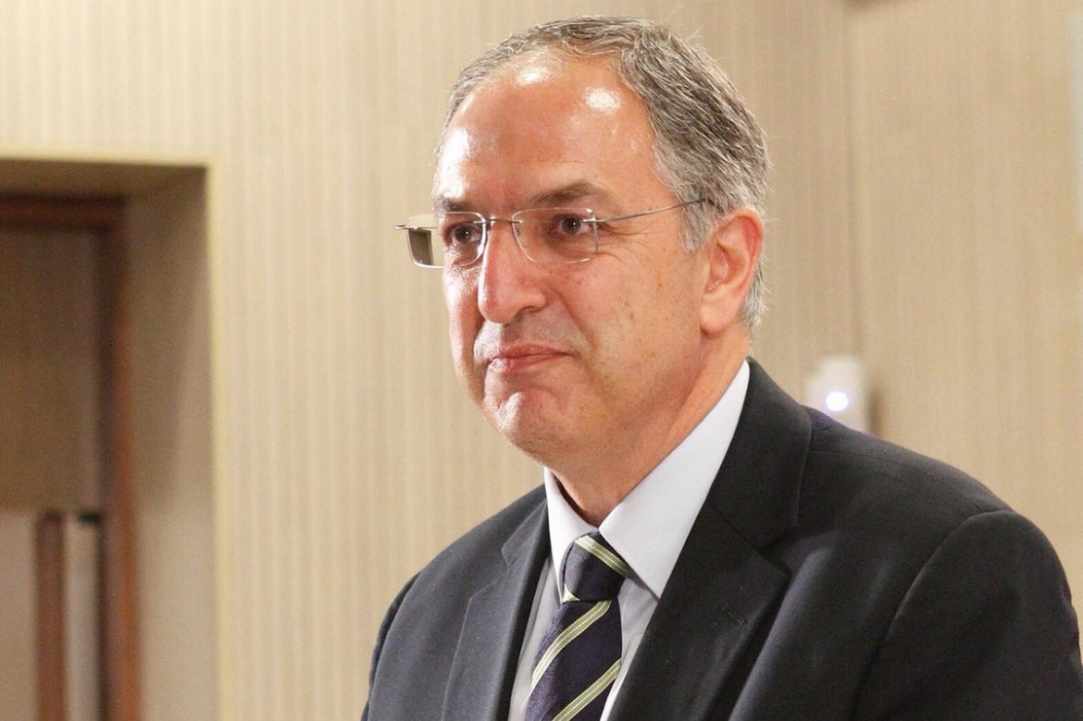
“The Department of Hotel and Tourist Management at the Cyprus University of Technology offers programs of study relevant to tourism”
Q: Do you believe that the current education system meets the needs of our tourism industry?
A: As I mentioned before, the Department of Hotel and Tourist Management at the Cyprus University of Technology offers programs of study relevant to tourism. Moreover, in 2012, the Ministry of Education and Culture established the Post-Secondary Institutes of Vocational Education and Traning (PSIVET). In 2017, the institutes were evaluated by the Cyprus Agency of Quality Assurance and Accreditation in Higher Education and recognised as Institutes of Higher Education.
The institutes were embraced by the Cypriot society immediately. One of the programs of study offered by the institutes is the “Baking and Confectionery”, which is relevant to the tourism industry. Graduates of this specific program are absorbed by the labour market by 85%. The PSIVET have been welcomed from all the sectors of the economy; for that reason, nowadays, the institutes run all over Cyprus.
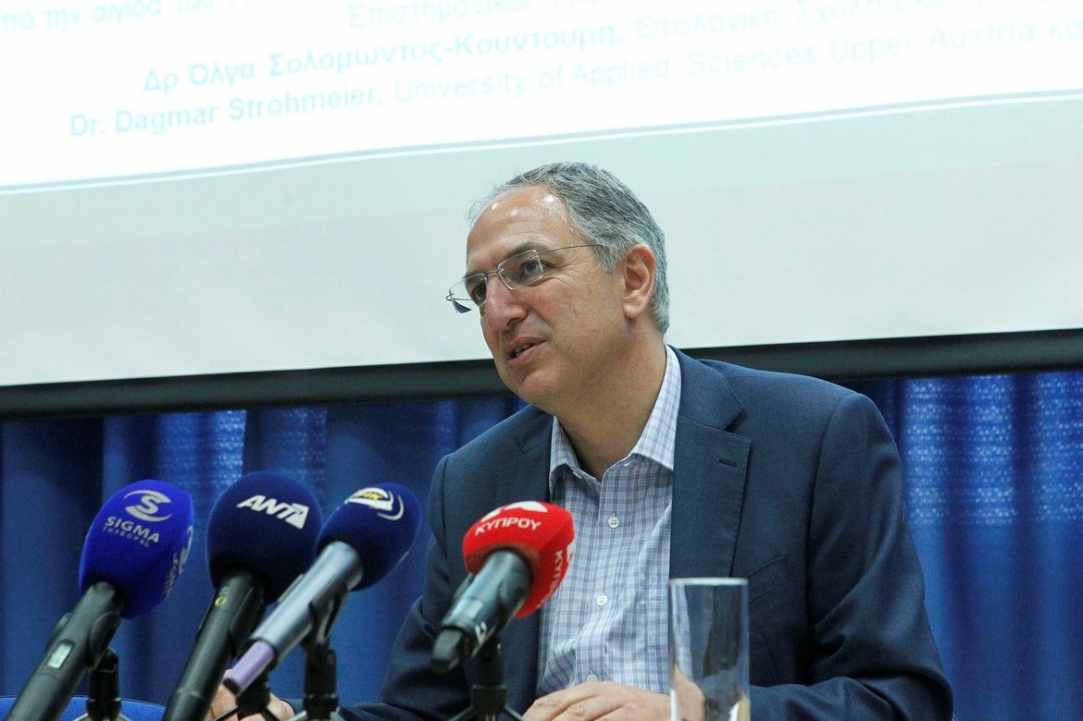
“It is believed that transfer of the supervision of HHIC under the Ministry of Education and Culture will further improve the quality of education and training provided, as the Ministry of Education carries long educational experience in this field”
Q: During the preceding months, the Ministry of Labour, Welfare and Social Insurance in collaboration with the Ministry of Education and Culture decided to transfer the supervision of the HHIC from the former under the latter. How is this action going to affect the quality of the education and training provided by the institute?
A: For the last five decades, the HHIC has provided the hotel and catering industry with hundreds of highly-qualified personnel. It is believed that transfer of the supervision of HHIC under the Ministry of Education and Culture will further improve the quality of education and training provided, as the Ministry of Education carries long educational experience in this field.
Furthermore, there will be a smoother transition from upper secondary touristic education to higher touristic education. In addition, synergies will be developed for better allocation of resources and the design and development of curricula will be more effective.
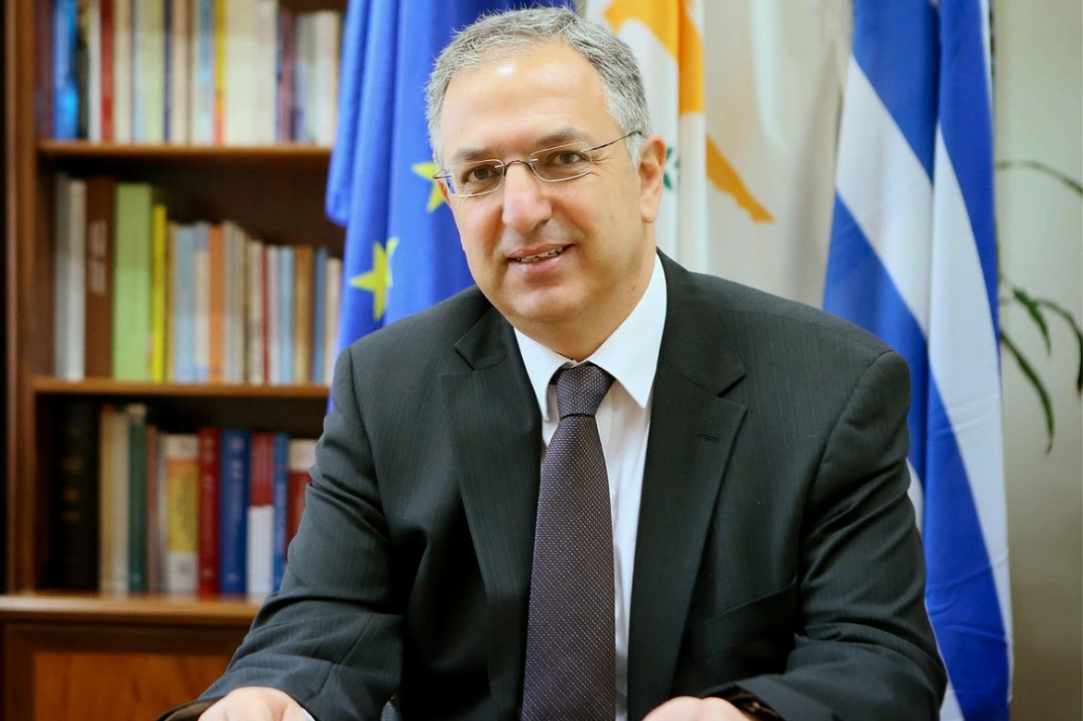
“The European Capital of Culture, Pafos2017, has become a popular destination. The Program of the Open Air Factory acts as an important impetus for cultural tourism and brings together artists, citizens and visitors of Pafos”
Q: Culture could be considered as an essential part of the tourism industry. This year, Pafos is honoured with the title of the European Capital of Culture. What is the impact of this leading cultural event on tourism to date?
A: The European Capital of Culture, Pafos2017, has become a popular destination. The Program of the Open Air Factory acts as an important impetus for cultural tourism and brings together artists, citizens and visitors of Pafos. The motto “Linking Continents – Bridging Cultures” unites different cities, countries, people from different cultures from all parts of the world, through a rich program of projects and activities. The quality of the program, including a variety of themes, myths and religion, has attracted many visitors from all parts of the world.
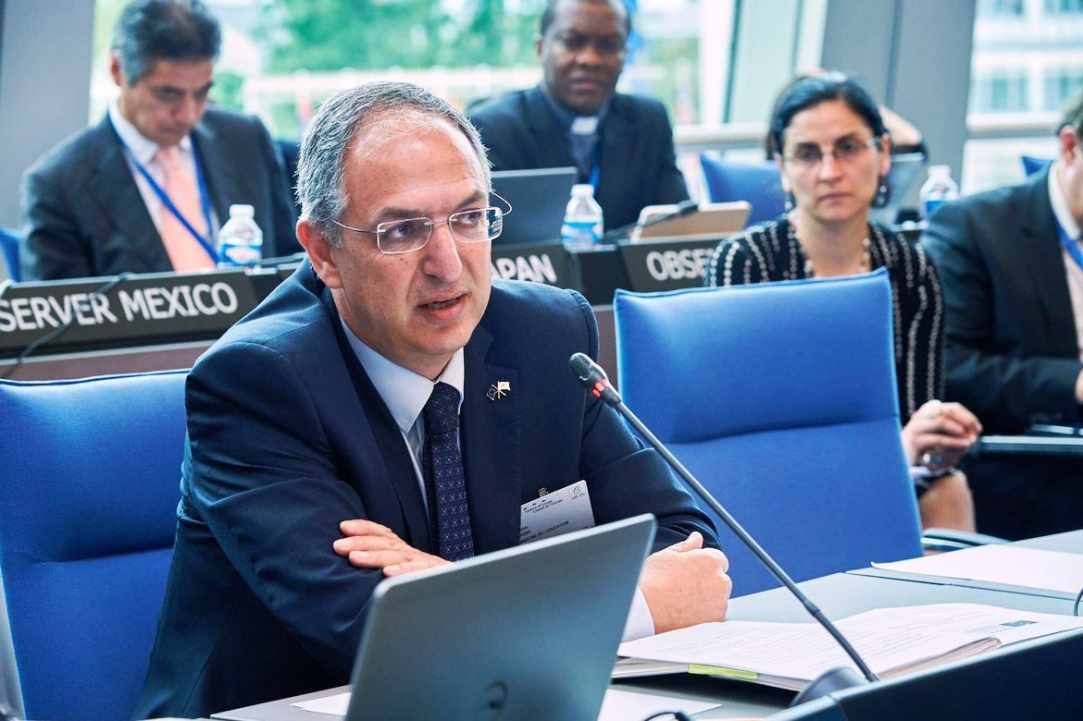
“Cyprus is renowned for its rich cultural heritage, which is inextricably linked with the lives of the island’s inhabitants. Tourism is a major part of our economy and cultural tourism forms an integral part of it”
Q: Cultural tourism is a particularly important subset of tourism and Cyprus has a considerable cultural heritage, as well as some interesting contemporary cultural production. Is there an integrated master plan for the future development of this kind of tourism?
A: Cyprus is renowned for its rich cultural heritage, which is inextricably linked with the lives of the island’s inhabitants. Tourism is a major part of our economy and cultural tourism forms an integral part of it.
The Ministry of Education and Culture, in close collaboration with the Cyprus National Commission for UNESCO, was entrusted with the implementation of the 2003 Convention for the Safeguarding of the Intangible Cultural Heritage. The main activities implemented relate to inventorying, safeguarding, education and capacity-building and international cooperation.
Special attention is given to the revitalisation of ICH practices –mostly traditional craftsmanship– and their adaptation to contemporary needs, as well as the promotion of ICH as living heritage, relevant to its community, continuously recreated and transmitted from one generation to another. Thus, in this way, new forms of contemporary production are developed, which eventually constitute a major tourist attraction.
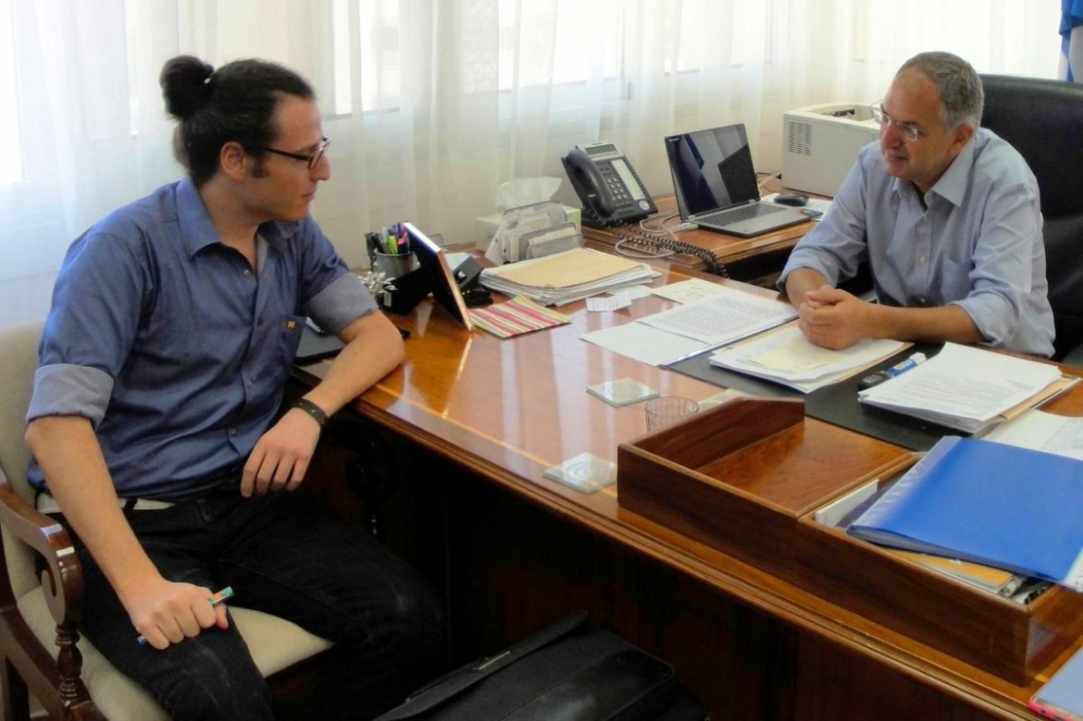

 English
English
 Ελληνικά
Ελληνικά Русский
Русский







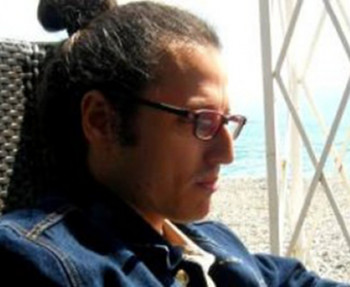 Posted by
Dimitris Scribas
Posted by
Dimitris Scribas






